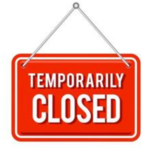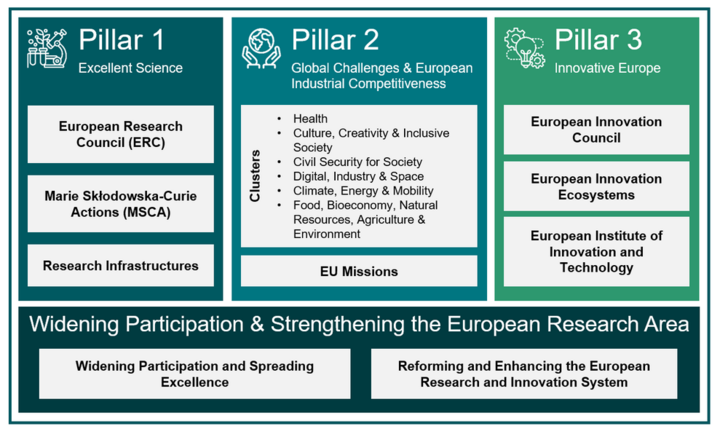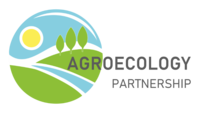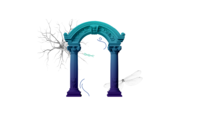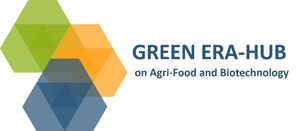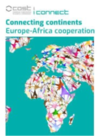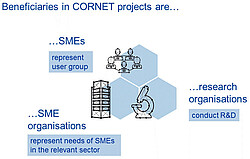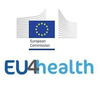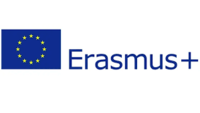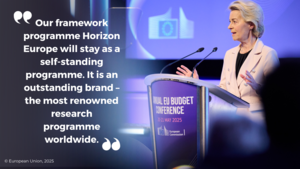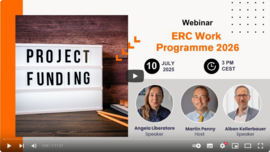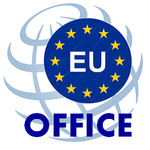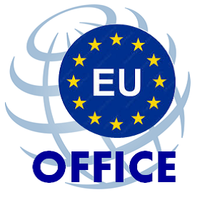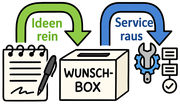Die Pilotinitiative ist Teil des mit 500 Millionen Euro dotierten Plans "Choose Europe: advance your research career in the EU" für den Zeitraum 2025-2027.
- offen für Bewerbungen aus allen wissenschaftlichen Bereichen
- Einrichtungen mit Sitz in einem EU-Mitgliedstaat oder einem mit "Horizont Europa" assoziierten Land können einen Förderantrag stellen mit der Möglichkeit, weitere Partner einzubeziehen
- mindestens drei Postdocs pro Projekt für bis zu fünf Jahre, wobei MSCA nur die ersten 2-3 Jahre finanzieren und die Gastinstitutionen die Beschäftigung für die verbleibenden zwei Jahre fortsetzen
- antragstellende Organisationen müssen ihr Engagement für eine langfristige Beschäftigung über den von der EU finanzierten Zeitraum hinaus nachweisen
Zum Nachlesen
- Vertretung der EU-Kommission in Deutschland (01.10.2025): EU-Kommission startet Aufruf „Choose Europe for Science“: Langfristige Karrieren für Forscherinnen und Forscher in Europa

